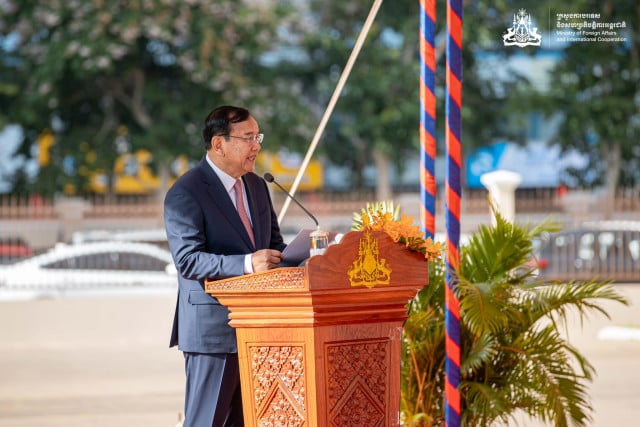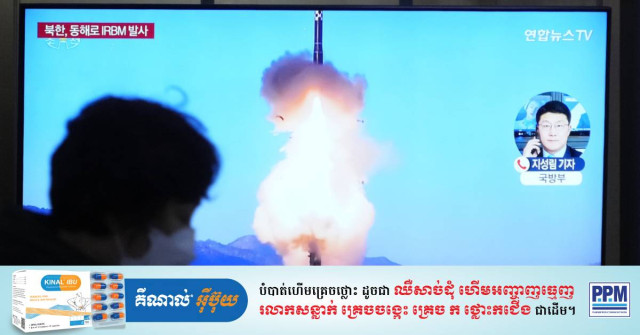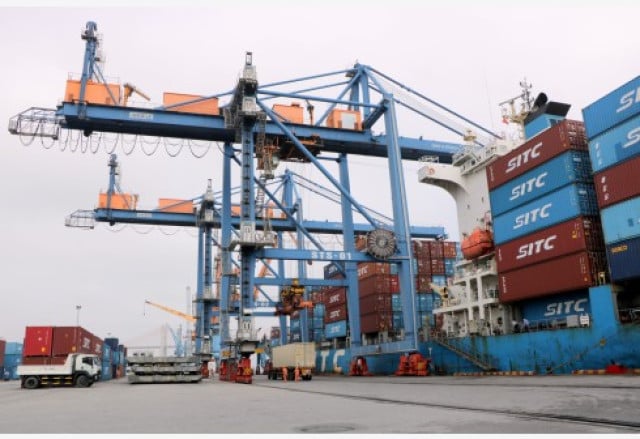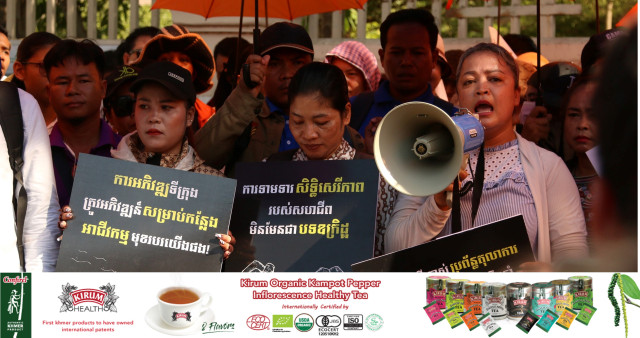Opinion: How Social Media Shapes Public Discourse in Cambodia

- By Phat Panhaboth
- December 30, 2023 3:00 PM
Cambodia, a nation steeped in ancient history and cultural richness, has witnessed a dramatic transformation in recent years—one driving factor of the change is the rapid rise of social media. Such transformation has become an integral part of modern society, and no one country can overlook its impact on public opinion, let alone Cambodia.
Basically, social media has significantly shaped public opinion on various issues, from politics to social justice. Prominent platforms like Facebook and YouTube have become part of Cambodian life, fundamentally altering how Cambodians access information, engage in public discourse and form public opinions. As a country with the fastest-growing internet penetration rates in Southeast Asia, Cambodia has 10.95 million active social media users, roughly 65 percent of the population.
Notably, Facebook has dominated the social media platform, accounting for almost 85 percent of social media users. This makes it the de facto platform for online engagement. The rise of social media has significantly empowered Cambodian citizens. It has become a crucial avenue for individuals to voice their opinions and concerns freely, given that the government often controls most traditional media channels. This newfound freedom space has been instrumental in fostering political discourse and holding authorities accountable for their actions. In addition, social media has played a pivotal role in promoting awareness among the people while serving as a channel for distributing information, including content critical of the government and addressing sensitive issues such as human rights abuses and environmental concerns. Through these platforms, citizens have gained access to diverse perspectives and a more comprehensive understanding of crucial matters.
Additionally, social media has facilitated community building by connecting Cambodians across geographical and social divides. This digital connectivity has enabled individuals to share experiences, mobilize for common causes, and support one another, creating a sense of solidarity and unity in the online community. In essence, the impact of social media on Cambodian society is multifaceted, specifically in terms of stimulating free expression, fostering community engagement and raising awareness of important issues
However, the rapid growth of social media has not been without downsides. It, in fact, brings about new challenges that warrant particular attention. One significant issue is the proliferation of fake news and misinformation. As more people rely on digital platforms for news and information, spreading inaccurate or deliberately false content has become a serious concern. This threatens the public's ability to make informed decisions and contributes to the erosion of trust in reliable sources of information.
Another pressing challenge is the rise of hate speech directed toward the government. While social media provides a valuable space for citizens to express their opinions, it also serves as a platform for disseminating divisive and inflammatory rhetoric. This can contribute to a polarization of the political environment, hindering constructive dialogue and potentially inciting real-world harm.
I suggest specific solutions to address the country's challenges of fake news and misinformation. First, it is crucial to promote media literacy. In each society, education is a key to empowering citizens who can navigate the digital landscape effectively. Integrating media literacy into school curriculums equips the younger generation with the skills to critically evaluate information, discern credible sources, and understand the nuances of online content.
By embracing a critical thinking culture from an early age, individuals will be better prepared to sail through the complexities of the digital realm. Moreover, there is a need to support independent media in the country, as doing so will be vital to combating fake news while ensuring healthy information production and distribution. As we all know, professional journalists and media outlets who can perform their role independently from the government's restriction and interference can perform as watchdogs, providing accurate and unbiased information to the public. While the role of media is indispensable, they must receive financial and institutional support to uphold the sustainability and independence of their works, enabling them to counterbalance the influence of propaganda and misinformation.
Most importantly, additional initiatives aimed at strengthening the capacity of journalists, helping media outlets uphold their editorial integrity, and protecting press freedom will contribute to a diverse, robust, and resilient media landscape—a much-needed component in contemporary Cambodia.
All in all, social media has become an essential tool for shaping public opinion in Cambodia. While it has its challenges, it also has the potential to promote transparency, accountability, and civic engagement—all of which are critical for sustainable democratic development in the country. By investing in digital literacy programs and promoting independent media, Cambodia will be able to ensure a force for positive change in our society will prevail.
Phat Panhaboth is a junior International Relations student at the Institute of International Studies and Public Policy.















